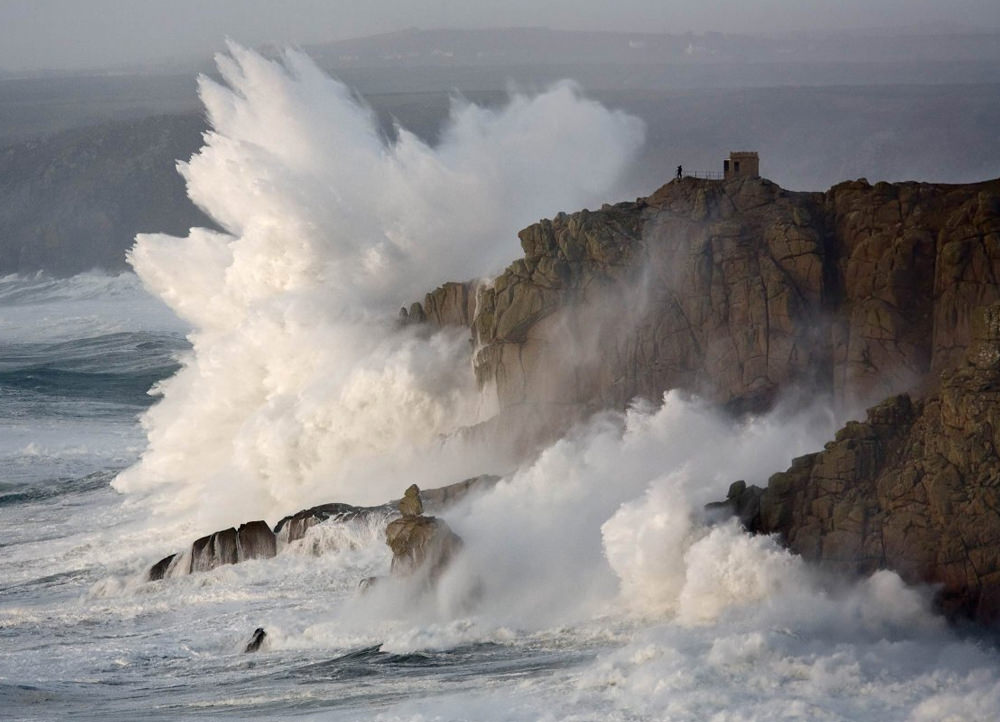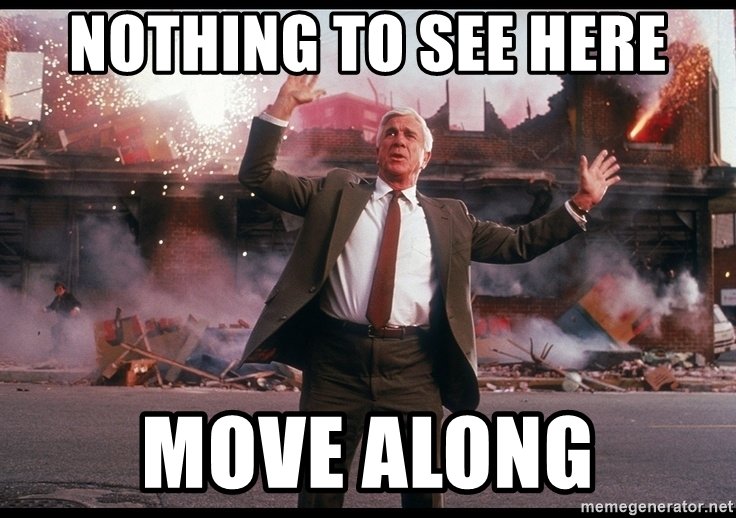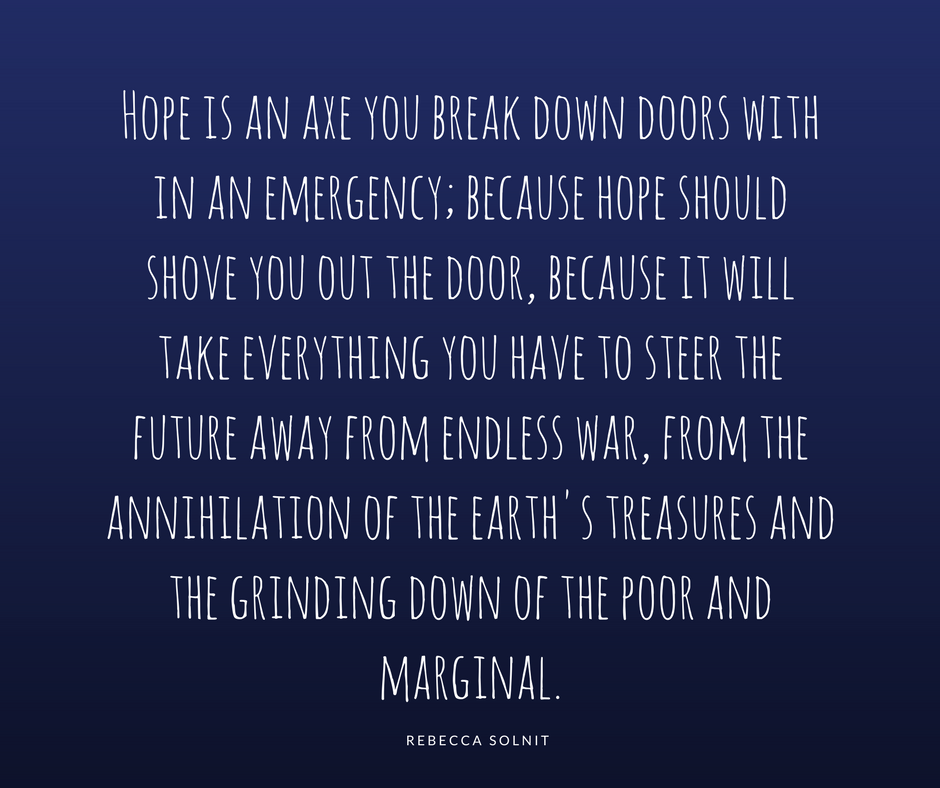This mini blog series is about what makes a good leader – particularly in health and care/public sector organisations.
So far, we’ve explored curiosity and humility. This time it’s inclusivity.
The best kind of leaders of teams are inclusive. Inclusive in 3 ways.

Firstly, because they are empowering and nourishing, the best leaders want to include people in the learning and decision-making process. So, for example in shaping the vision and values of an organisation they want people across their team, from all backgrounds and roles to be able to participate and contribute to the process. This is because inclusion creates ownership. It’s amazing when we look at problems from different angles, perspectives, and backgrounds, how frequently solutions come from surprising people. This is because they see things which others cannot. The more inclusive we are, the more welcoming we can be to fresh perspectives.
Secondly, because they are kind and compassionate, the best leaders want to ensure that teams don’t become cliquey or exclusive. Inclusive leaders value the notion of belonging. When team members feel like they belong, they have more skin in the game. Relationships are strong and every contribution matters. This leads to great accountability and agency – because each team member knows that who they are and what they do really matters. Even more importantly, inclusive teams are diverse and celebrate this, because it makes them more effective. When leaders value difference it means there is more equality and diversity, better representation and therefore wiser, kinder decisions are made.
Thirdly, because they are curious and humble, the best leaders listen to, involve and include local communities in co-creating solutions to complex issues. They understand when it comes to finding solutions to wicked problems, the importance of addressing both intrinsic and extrinsic gaze. Intrinsic gaze focuses on recognising what is strong about a community, rather than what is wrong – that there is innate goodness and power within communities and incredible assets that needs to be built on. Extrinsic gaze focuses on how leaders and their teams can join with communities to highlight the systems of injustice which hold communities in places of disempowerment and disadvantage. This kind of inclusivity ensures that people get to be involved in challenging and changing these structures, dismantling and reforming them to bring about meaningful change. The work of inclusivity in communities breaks down our dividing lines, heals our fractures and welcomes everyone around the table. It creates the interstitial spaces necessary for our society to be made new, in which human relationships can really flourish.
So, if you’re a leader – don’t be a cock! Be a chicken!
C – Curiosity
H – Humility
I – Inclusivity
C – Compassion
K – Kindness
E – Encouragement
N – Nourishment




